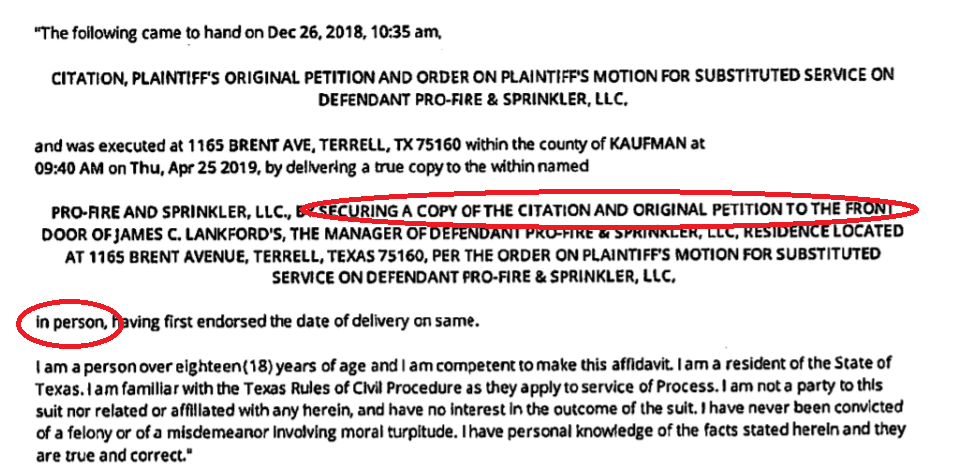 The parties’ lease in Lamar Advantage Outdoor Co. v. LaCore Enterprises, LLC contained this provision, which the Fifth Court held to create a right of first refusal (as opposed to a purchase option):
The parties’ lease in Lamar Advantage Outdoor Co. v. LaCore Enterprises, LLC contained this provision, which the Fifth Court held to create a right of first refusal (as opposed to a purchase option):
If LESSOR desires to sell or otherwise transfer any Interest in the property upon which the sign is situated, LESSOR grants LESSEE an option to purchase a perpetual easement (servitude) encompassing the sign and the access, utility service and visibility rights set forth herein. LESSEE must elect to exercise this option within thirty (30) days after written notification of LESSOR’s desire to sell. LESSEE’S failure to exercise this option within said period shall be a waiver of this option. …
Following an earlier Fifth Court case about a similar clause, the Court held that because this provisision was not “limit[ed to] the right of first refusal to the first sale or transfer of the Property or contemplating waiver of the right if not utilized in conjunction with prior transactions.” No. 05-23-00210-CV (Dec. 31, 2024) (mem. op.).










